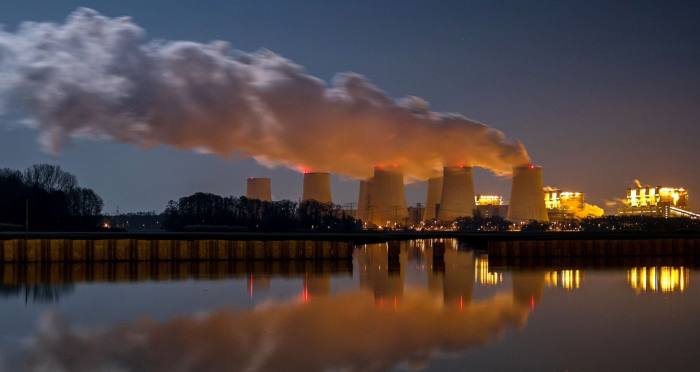[ad_1]
Switzerland used to be a place where the rich came with their money to escape the world’s problems, not to confront them.Â
These days, the private banks that dot the pristine streets of Zurich and Geneva are no exception when it comes to the wave of enthusiasm that has broken over the asset management world for better environmental, social and governance standards.
And, yet, for all the small forests that have been felled to produce the glossy brochures (containing, mostly, pictures of forests) littering the lobbies of Switzerland’s grand finance houses, many of the very wealthy remain stubbornly sceptical when it comes to changing the world with their money.Â
“Private clients are behind the curve,†said a senior executive at one of Switzerland’s biggest private banks. While institutional investors were obsessed with ESG, he added, most wealthy individuals and family offices still tended to see it as philanthropy rather than investing. Putting 10 or 20 per cent of a portfolio into ESG strategies was one thing, he said, but all of it, quite another.
Another banker in Zurich was less circumspect: the entrepreneurs and oligarchs of the developing world that have been some of Swiss banking’s most coveted quarry in recent years have often made their money from a global carbon-emitting boom. The businesses they own and the markets they understand can often be the ones with the very worst environmental records.Â
Climate Capital
He recalled the awkwardness of the Saudi Aramco IPO in 2019: at the same time as preaching from the gospel of sustainability, private bankers were falling over themselves to pitch an investment in one of the world’s biggest fossil fuel producers.Â
Still, it is out of such politesse — others might call it moral plasticity — that Swiss banks were built.
Indeed, even if ESG investing is still a relatively small part of what the world’s rich do with their money in Switzerland, it is growing extremely fast.Â
At UBS, the single biggest banker to the wealthy, sustainable investments made up 18.9 per cent of its advised assets at the end of last year. That is up from 13.5 per cent in 2019.Â
ESG is in many ways a bank’s marketing dream, precisely because it is so loosely defined. Even done badly, it can be sold easily.
In the current enthusiasm for “impact†investing that Swiss bankers are pushing, where experts offer to tailor portfolios to concerned clients based on their own specific environmental or social worries — a sort of bespoke ethical package — there are no clear-cut moral choices.Â
Credit Suisse’s list this week of the top ESG investments, sector by sector, for example, names Goldman Sachs as the best stock to buy for “social†impact. Many might disagree. Likewise, electric cars sound good, but what about the environmental impact of massively boosted demand for rare earths to make all those batteries?
The complexity of constructing an actually holistic ESG portfolio, rather than one geared largely to vanity, deters all but the most engaged clients, admits one senior ESG guru.
But there is a clear generational divide on this, and perhaps that is what Switzerland’s bankers — with an eye on the children of their current clients — are really gearing their ESG efforts towards.Â
“There is a big shift happening right now,†said Nicole Curti, a Swiss-based wealth adviser at Stanhope Capital. Impact investing dominated the concerns of her younger clients, she said. They would drive change among the super-rich, she believed, particularly as their voices came to play a bigger role in wealthy families’ future planning.Â
In a stark illustration of that possibility, last week, Michel Jabre, 34, the son of Philippe Jabre, 61, — one of Switzerland’s most prominent hedge fund managers, and an arbitrageur long-associated with the hardest-charging side of finance — launched a fund at his father’s firm to focus on “conscious capitalismâ€. Michel said he had been “deeply put off by all the greed [he] had seen in the financial systemâ€.
A cynic might regard such matters as an old story: of a younger generation struggling to define itself against successful parents. Curti disagreed: “It’s about an overall societal change taking place,†she said.
Regardless, for Swiss bankers the focus is unlikely to relent. Not least because — beset with a sixth year of negative interest rates, risk-management disasters and a new looming global deal on tax — ethical investing is one of the few positive things left to talk about.
[ad_2]
Source link






